detail profile giulio brogi
Peran Yang Di Mainkan Giulio Brogi
 Where Ive never been to live...
Where Ive never been to live...Where I've Never Lived 2017
Where I've never been to live, Francesca's emotional conflicts, 50, is the only daughter of a famous Turin architect, to whom she visits only on rare occasions. For many years, Francesca lives in Paris with her teenage daughter and her husband Benoît, a financier on her sixty, apparently reserved but paternal and protective about her. Due to a domestic accident that forces the elderly father to bed, the woman flees to Turin to take her parents in the design of a villa on a lake for a young couple. At work he meets architect Massimo, his peer-minded career and engaged in an open relationship with independent Sandra. After a tough first approach, Massimo and Francesca create a strong professional tune that leads to a deep and passionate feeling. For the first time in life, both will have to really confront themselves and their most authentic destinies ...
 Turin 1969 Nineyearold Massimos idyllic childhood is...
Turin 1969 Nineyearold Massimos idyllic childhood is...Sweet Dreams 2016
Turin, 1969. Nine-year-old Massimo’s idyllic childhood is shattered by the mysterious death of his mother. The young boy refuses to accept this brutal loss, even if the priest says she is now in Heaven. Years later in the 90s, adult Massimo has become an accomplished journalist. After reporting on the war in Sarajevo, he begins to suffer from panic attacks. As he prepares to sell his parents’ apartment, Massimo is forced to relive his traumatic past. Compassionate doctor Elisa could help tormented Massimo open up and confront his childhood wounds…
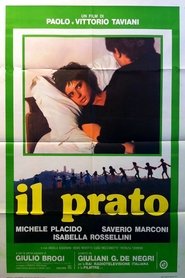 Romantic entanglements develop between three young...
Romantic entanglements develop between three young...The Meadow 1979
Romantic entanglements develop between three young Italians frustrated by their current economic and social status.
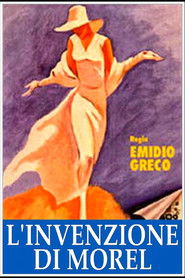 A castaway arrives on an island...
A castaway arrives on an island...Morel's Invention 1974
A castaway arrives on an island. He thinks it's uninhabited, but he sees a palace with also a hidden room. Soon he sees some people walking, dressed with old-fashioned clothes. He is afraid because people don't see him, like a ghost.
 A whiterobed preacher wanders and sermonizes...
A whiterobed preacher wanders and sermonizes...The Lion Has Seven Heads 1971
A white-robed preacher wanders and sermonizes across African lands; European communists and CIA spies conspire out of mutual self-interest to engineer the appointment of an African bourgeois to a puppet government presidency; and a revolutionary group marches in exile.
 A young man returns to his...
A young man returns to his...The Spider's Stratagem 1970
A young man returns to his countryside hometown to investigate the unclear circumstances behind the death of his father, ostensibly killed by Fascists in 1936, before his birth. As he unravels a web of lies that seems to encompass the whole town, he finds himself entangled in the same web.
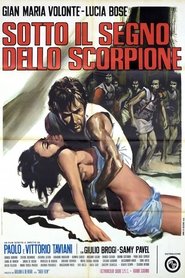 An island has been decimated by...
An island has been decimated by...Under the Sign of Scorpio 1969
An island has been decimated by a volcanic eruption and the few survivors escape to a nearby island. Led by Rutolo, they know that their new home is equally susceptible to such a catastrophe via its own volcano, but they are unable to convince the current inhabitants of Island #2 to flee with them to a mainland.
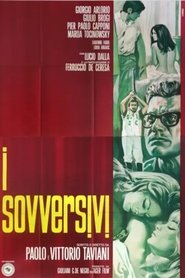 The film combines actual footage of...
The film combines actual footage of...The Subversives 1967
The film combines actual footage of Communist leader Palmiero Togliatti's funeral with the intermingled stories of four people affected by his death: Ettore, a Venezuelan radical who abandons the wealthy Italian woman he loves to go back to his country and help his cause; Ludovico, an ailing filmmaker who finds out that art alone is not enough; Giulia, a woman who embarks upon a lesbian affair with a former mistress of her husband; and Ermanno, a philosophy graduate who breaks up with his past.
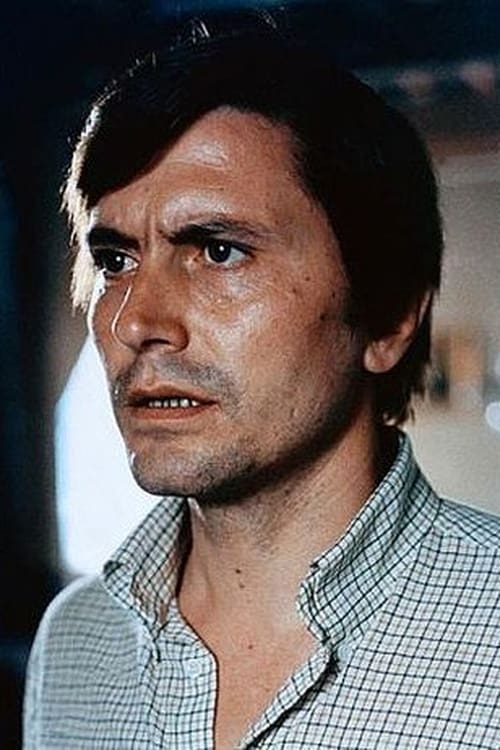
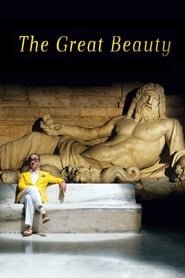 Jep Gambardella has seduced his way...
Jep Gambardella has seduced his way...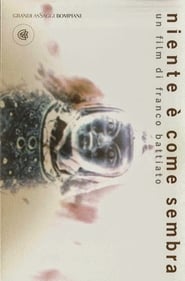
 Two deadbeat friends see the opportunity...
Two deadbeat friends see the opportunity...
 It tells the story of a...
It tells the story of a...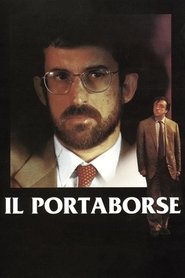 Cesare Botero an ambitious and corrupt...
Cesare Botero an ambitious and corrupt...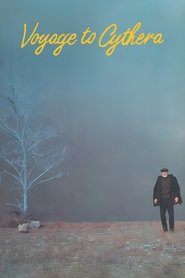 An old communist returning to Greece...
An old communist returning to Greece...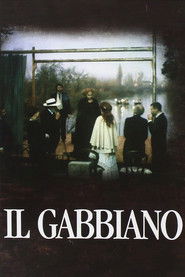 A young writer is trapped between...
A young writer is trapped between...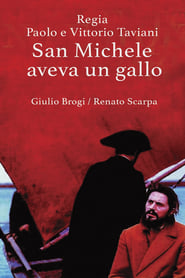 Sentenced to life imprisonment for illegal...
Sentenced to life imprisonment for illegal...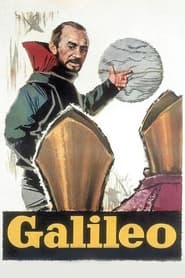 A humble scientist from Padua proves...
A humble scientist from Padua proves...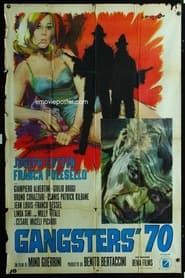 An elderly gangster just released from...
An elderly gangster just released from...